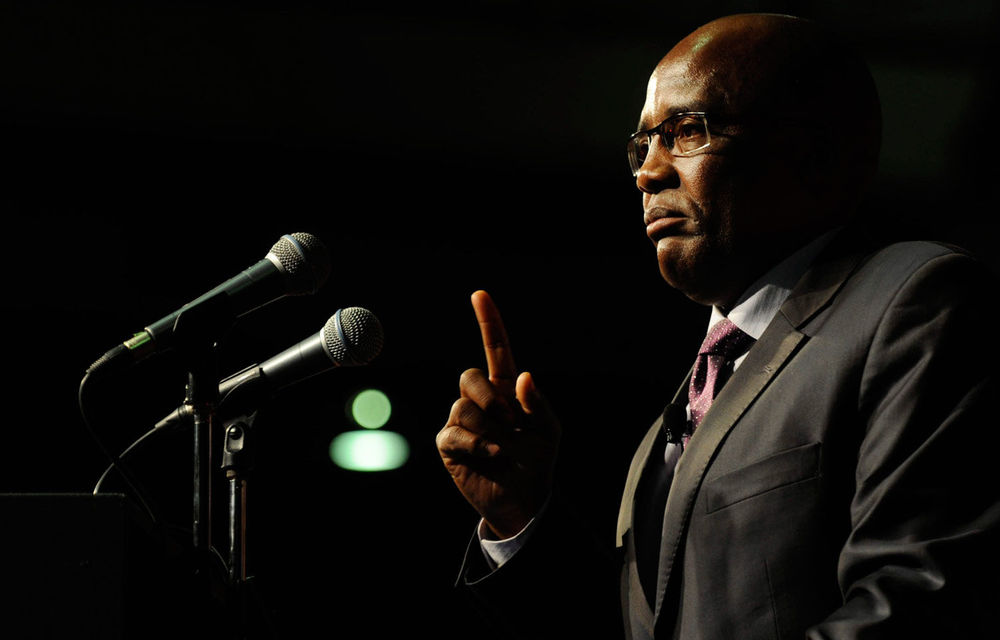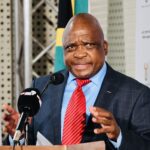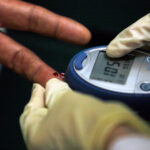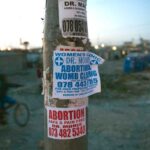Hospitals and clinics are to be demolished and rebuilt to reboot the Eastern Cape’s “broken” health system.
Health Minister Aaron Motsoaledi has ordered the demolition and rebuilding of eight Eastern Cape clinics and two hospitals starting in January and to be completed before the end of next year.
Zithulele and Bambisana hospitals in the OR Tambo health district in the former Transkei are part of 20% of health facilities that the national health department has deemed “beyond the state of any renovations”. Last year, the district was selected as one of the government’s National Health Insurance system’s 11 pilot sites.
The health minister’s announcement follows a report last week by the advocacy groups Section 27 and the Treatment Action Campaign that found the provincial health department to be unequipped to deal with its “broken, inhumane and collapsed” health system where “accountability is nonexistent”.
Motsoaledi has also ordered that 30 clinics in the district are made bigger and upgraded, and two nursing colleges are “refurbished to full functionality” by March 2014. “You do not need to be a building expert to notice the massive infrastructural backlog in the OR Tambo,” he said at press conference in Pretoria on Thursday.
According to Zithulele Hospital’s clinical manager, Ben Gaunt, most of his hospital is in an awful state and the TB wards are falling apart and the mortuary hosted in a container. “Our building dates back to the early 1960s and parts of it are virtually collapsing. I am therefore really excited about the minister’s announcement. A new building will equip us to provide quality treatment to our patients and definitely also add to improved staff morale.”
Mostoaledi said it was not surprising that 90% of the coalition’s report focused on OR Tambo district. “For the past 18 months my department has been investigating this area and has reached the same conclusions. I’m not here to deny the Eastern Cape health system’s shortcomings; I’m here to tell you what I’m going to do about it.”
Harrowing report
The coalition’s report detailed accounts of patients and doctors in the province, but it was the story of Dingeman Rijken, a doctor at Holy Cross Hospital near Flagstaff, that caught the minister’s attention. Rijken was suspended by the provincial health department for speaking out about the death a baby due to the hospital manager failing to order sufficient oxygen supplies. “I see no reason why Rijken should have been suspended and have ordered his reinstatement so that he continues to work for state hospitals that needs his service,” said Motsoaledi.
The health minister’s own investigation revealed that Holy Cross had no blood pressure machines in the maternity ward, no fetoscopes (special stethoscopes used on pregnant women to listen to babies’s heartbeats), and that nurses stayed away for hours on tea breaks. He also found that hospital folders that should have cost a total of R3 000 were purchased for 10 times that amount at R30 000. “As both of these people are nurses by profession, I’ve also asked that they be reported to the South African Nursing Council for breach of professional ethics.”
Motsoaledi said he suspected that other hospitals in OR Tambo, which are scheduled to be investigated soon, are experiencing similar problems, particularly with regards to the lack of essential equipment. “I’ve therefore decided to provide all of the 13 district hospitals, two regional hospitals and three specialised hospitals with much-needed equipment,” he said.
The national department delivered a consignment of equipment at Holy Cross this week. According to Motsoaledi the other hospitals should receive their equipment next week “with the help of Steven Biko Academic Hospital in Pretoria, as the facility has excellent procurement systems”.
The equipment includes 20 blood pressure monitors for each hospital, as well as baby and adult ventilation devices, 5 000 thermometers, fetoscopes, gloves, syringes and needles.
Department will cover equipment costs
Hospitals across the Eastern Cape have fallen behind with the purchasing of R15.3-million of other equipment.
“The national department will therefore purchase 2 581 wheelchairs, 703 hearing aids, 707 prostheses and two cochlear implants,” Motsoaledi said.
Health department spokesperson Joe Maila said the national health department will cover the cost of these products.
In addition to this, Motsoaledi has dispatched the national health department’s HIV director Thobile Mbengashe to the position of the head of the Eastern Cape health department, because he’s “a competent person who would be able to help the province”.
The Rural Health Advocacy project, which does extensive work in the Eastern Cape, however, said in order for “real change to happen” in the province, the Eastern Cape’s provincial health minister Sicelo Gqobana should be fired as “he’s denied the health crisis all along and has been unresponsive throughout”. “There is a massive disjunction between the national department’s honesty and the provincial department’s lack of leadership,” Daygon Eager said.
In reaction as to why he has not taken action against Gqobana, Motsoaledi said: “No minister in South Africa has the power to hire or fire provincial ministers – that’s the responsibility of the premiers. You should pose that question to the Eastern Cape premier.”
Motsoaledi said his department will consider placing the Eastern Cape health department under national administration only if “working together with them fails. We’ve not yet arrived at that stage”, he said.
Eastern Cape health department spokesperson Sizwe Kupelo said: “The health minister is at liberty to intervene in provinces when there are crises, but our own efforts to improve the health system should not be overlooked.”










